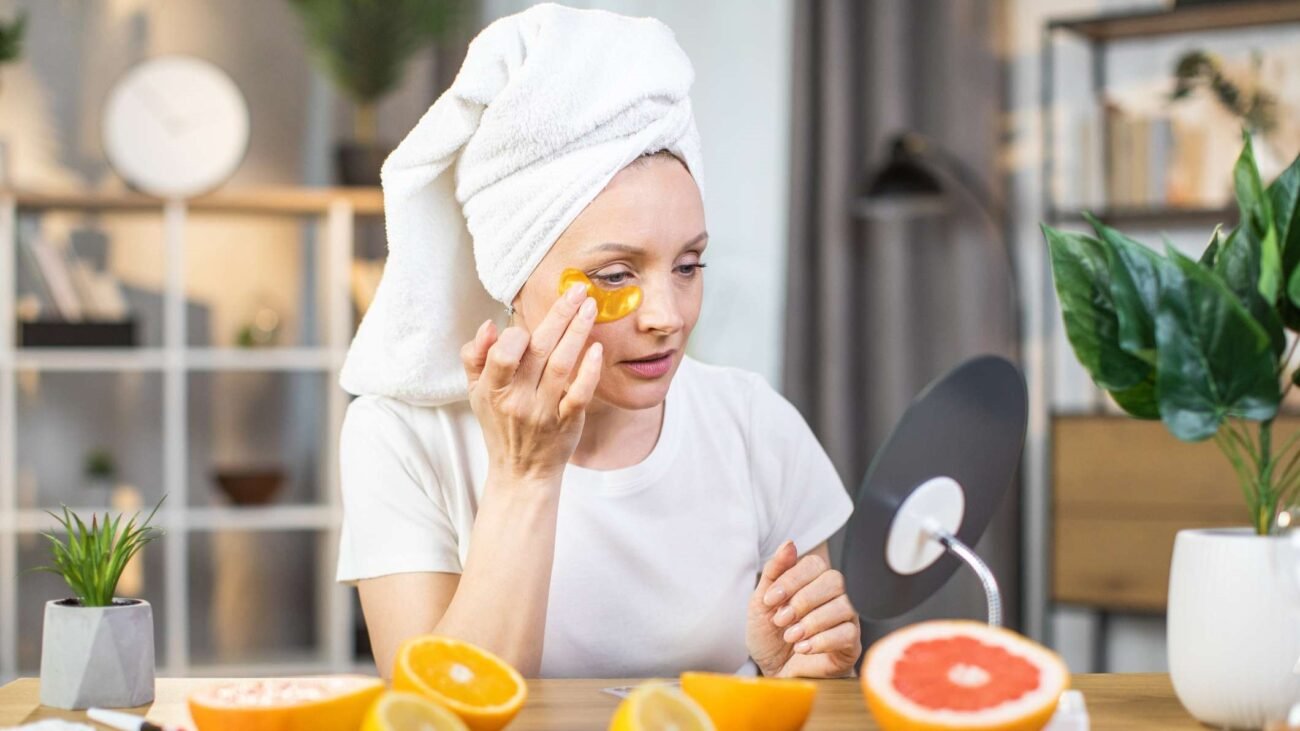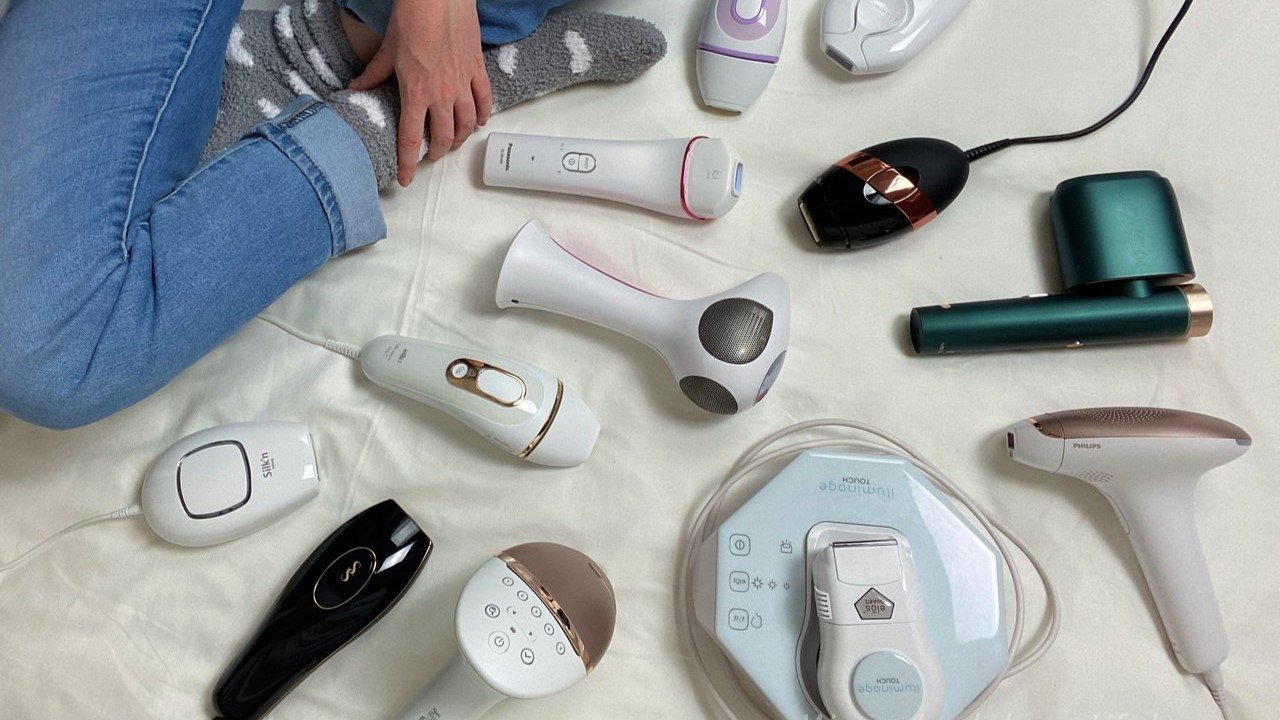Achieving radiant, glowing skin isn’t just about what products you apply externally—it’s a result of consistent daily habits that support your skin from the inside out. Skincare is a lifestyle, not just a routine, and the key to long-term skin health lies in adopting positive, sustainable habits that nurture and protect your complexion every day. In this post, we’ll explore the science behind glowing skin and the daily habits that actually work, backed by dermatological insights and evidence-based practices.
Stay Hydrated Inside and Out
Water plays a crucial role in maintaining the elasticity, plumpness, and glow of your skin. Dehydration can lead to dullness, flakiness, and even increased fine lines. Drinking enough water—typically about 8 glasses a day for most people—helps flush out toxins, supports cellular health, and keeps your skin looking refreshed. Topical hydration is equally important. Use a moisturizer suitable for your skin type and incorporate hydrating ingredients like hyaluronic acid, glycerin, and aloe vera.
Get Enough Sleep
Beauty sleep is not a myth. During sleep, your body repairs and regenerates tissues, including the skin. Growth hormones peak while you rest, promoting collagen production and skin renewal. Poor sleep disrupts these natural processes, leading to dark circles, puffiness, dullness, and even breakouts due to elevated stress hormones like cortisol. Aim for 7 to 9 hours of quality sleep per night. Establish a calming nighttime routine, avoid screens before bed, and sleep on a clean, soft pillowcase to prevent irritation.
Cleanse Gently and Regularly
Cleansing your face twice a day—once in the morning and once before bed—is fundamental. It removes dirt, excess oil, makeup, and environmental pollutants. However, over-cleansing or using harsh products can damage the skin barrier, leading to dryness and sensitivity. Use a gentle, pH-balanced cleanser suited to your skin type. Double cleansing (oil-based cleanser followed by a water-based cleanser) is beneficial if you wear heavy makeup or sunscreen.
Protect Your Skin From the Sun
Sun exposure is the number one cause of premature skin aging, pigmentation, and skin cancer. Even short exposure to UV rays causes cellular damage and degrades collagen and elastin in the skin. Make sunscreen a non-negotiable step in your routine. Use a broad-spectrum SPF of 30 or higher, even on cloudy days or when staying indoors near windows. Reapply every two hours if you’re outdoors. Choose a sunscreen formulation that suits your lifestyle—gel, cream, fluid, or mineral-based.
Feed Your Skin with a Balanced Diet
What you eat directly affects your skin’s health. A diet rich in antioxidants, vitamins, minerals, and healthy fats promotes skin regeneration, reduces inflammation, and enhances radiance. Include foods high in Vitamin C, E, and A, such as berries, citrus fruits, leafy greens, avocados, and carrots. Omega-3 fatty acids from fatty fish, flaxseeds, and walnuts help maintain the skin barrier and prevent dryness. Limit processed foods, sugar, and dairy, which are often linked to acne and dull skin.
Use Active Ingredients Wisely
Incorporating active ingredients into your routine can supercharge your results. Retinoids, a derivative of Vitamin A, boost collagen production and reduce fine lines and hyperpigmentation. Vitamin C brightens the skin and fights free radicals. Niacinamide helps regulate sebum, reduce redness, and even out skin tone. Alpha and beta hydroxy acids gently exfoliate dead skin cells, revealing a smoother, clearer complexion. Start slow and patch-test new products. Don’t mix too many actives at once, and always follow with sun protection.
Exercise Regularly
Physical activity increases blood flow, delivering oxygen and nutrients to the skin while removing toxins. Sweating opens up pores and can help with skin detoxification, though it’s important to cleanse the skin post-workout to avoid breakouts. Regular exercise also reduces stress and helps regulate hormones that may otherwise trigger acne or sensitivity. Choose activities you enjoy—yoga, swimming, walking, or dancing—and aim for at least 30 minutes a few times a week.
Don’t Touch Your Face Unnecessarily
Touching your face transfers oil, dirt, and bacteria from your hands to your skin, leading to clogged pores, irritation, and breakouts. Avoid picking at blemishes or squeezing blackheads, which can cause inflammation, scarring, and more breakouts. If you need to touch your face, ensure your hands are freshly washed. Similarly, clean your phone screen and pillowcases regularly, as they can harbor bacteria that affect your skin.
Manage Stress
Chronic stress increases cortisol levels, which can cause increased oil production, acne, inflammation, and premature aging. Stress also slows down wound healing and impairs the skin’s barrier function. Practice stress-reducing techniques such as meditation, journaling, breathing exercises, or spending time in nature. Taking care of your mental well-being reflects positively on your skin.
Consistency Over Perfection
There is no one-size-fits-all miracle product or shortcut to flawless skin. The key lies in being consistent with your skincare and wellness habits. Track your skin’s response to new routines, listen to your body, and give your skin time to adjust. Avoid hopping between products every few days. Stick with a simplified routine and build up gradually as needed. Glowing skin is a reflection of daily choices made with care, attention, and patience.





Leave a comment
You must be logged in to post a comment.